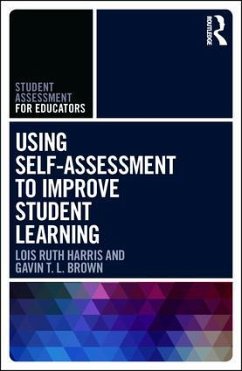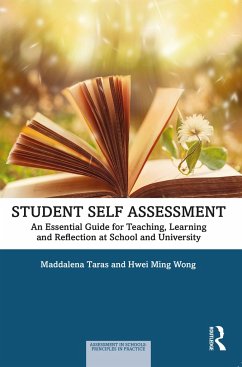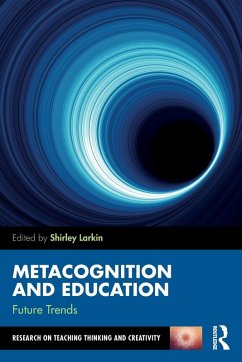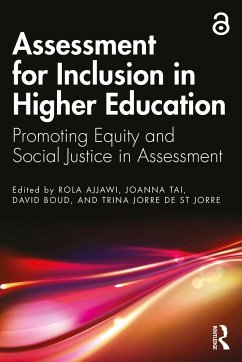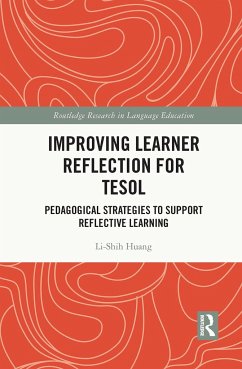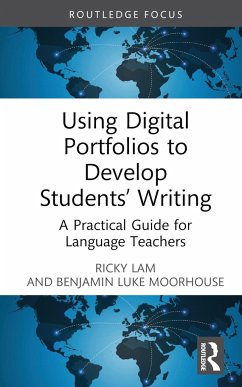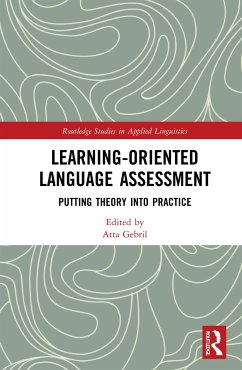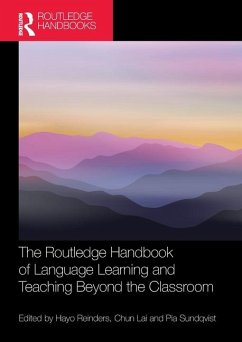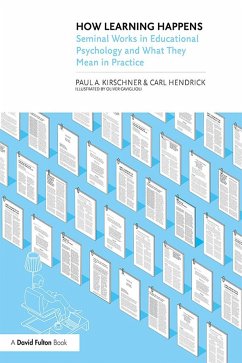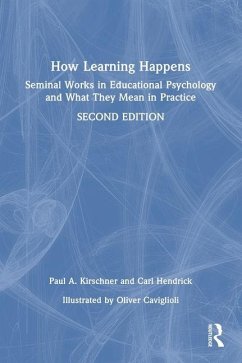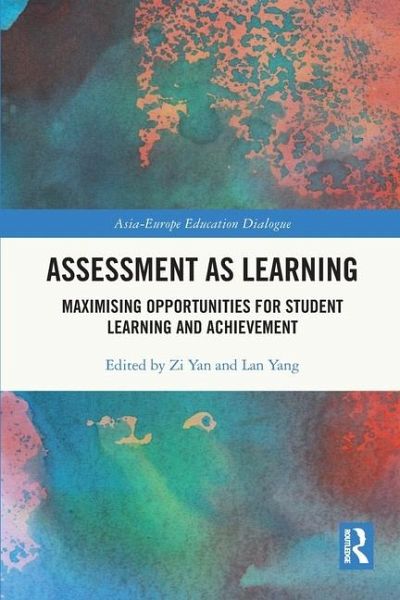
Assessment as Learning
Maximising Opportunities for Student Learning and Achievement
Herausgegeben: Yan, Zi; Yang, Lan
Versandkostenfrei!
Versandfertig in 6-10 Tagen
43,99 €
inkl. MwSt.

PAYBACK Punkte
22 °P sammeln!
Based on a solid theoretical basis of assessment-as-learning and updated empirical evidences, this timely book significantly expands the existing scope of assessment-as-learning typically developed in Western contexts.This edited volume updates theoretical and empirical advances in assessment-as-learning in complex learning processes, brought together by an international panel of authors. The contributors provide a wide range of practical ways to harness the power of assessment-as-learning to make it work more effectively not only in the classroom, but also across other achievement-related sit...
Based on a solid theoretical basis of assessment-as-learning and updated empirical evidences, this timely book significantly expands the existing scope of assessment-as-learning typically developed in Western contexts.
This edited volume updates theoretical and empirical advances in assessment-as-learning in complex learning processes, brought together by an international panel of authors. The contributors provide a wide range of practical ways to harness the power of assessment-as-learning to make it work more effectively not only in the classroom, but also across other achievement-related situations (e.g. examinations, learning processes before and after classes).
Assessment as Learning provides a deep contemporary insight into the field of formative assessment, and brings much-needed international perspectives to complement the current Western-focused research. This is a valuable contribution to the discussion, and provides useful insight for researchers in Education.
This edited volume updates theoretical and empirical advances in assessment-as-learning in complex learning processes, brought together by an international panel of authors. The contributors provide a wide range of practical ways to harness the power of assessment-as-learning to make it work more effectively not only in the classroom, but also across other achievement-related situations (e.g. examinations, learning processes before and after classes).
Assessment as Learning provides a deep contemporary insight into the field of formative assessment, and brings much-needed international perspectives to complement the current Western-focused research. This is a valuable contribution to the discussion, and provides useful insight for researchers in Education.





